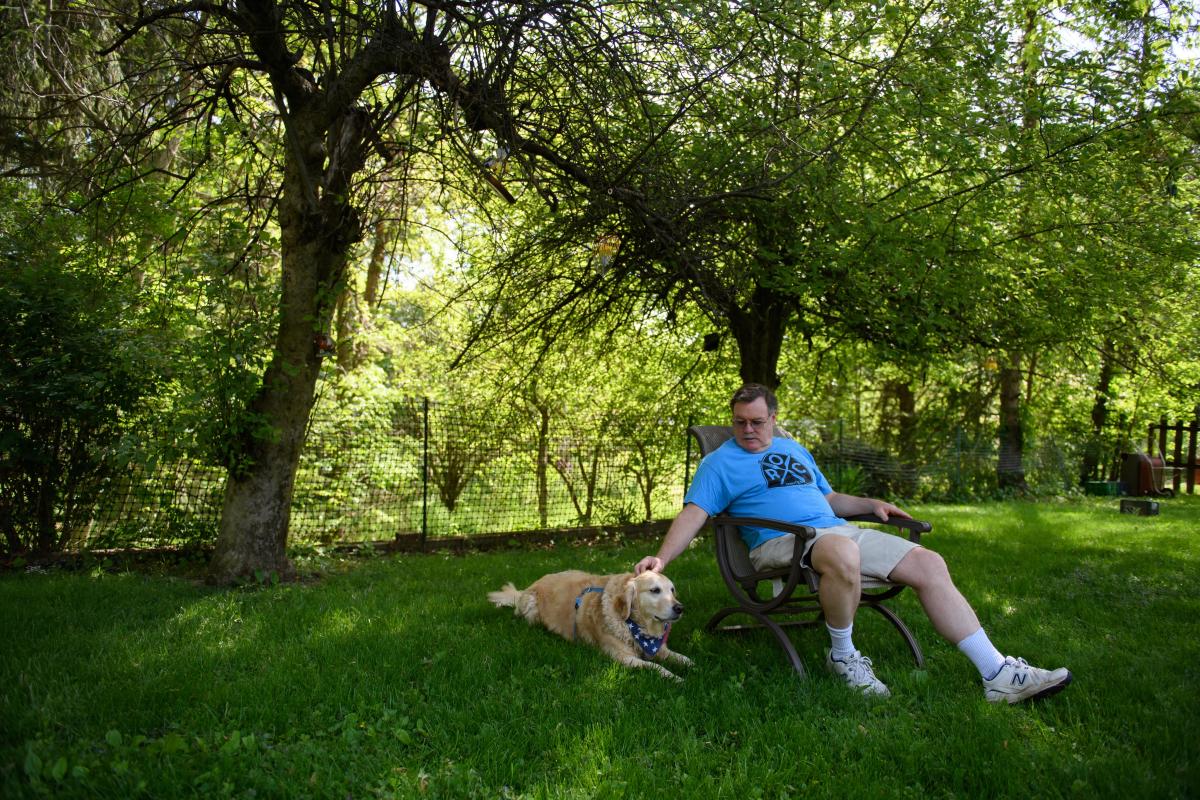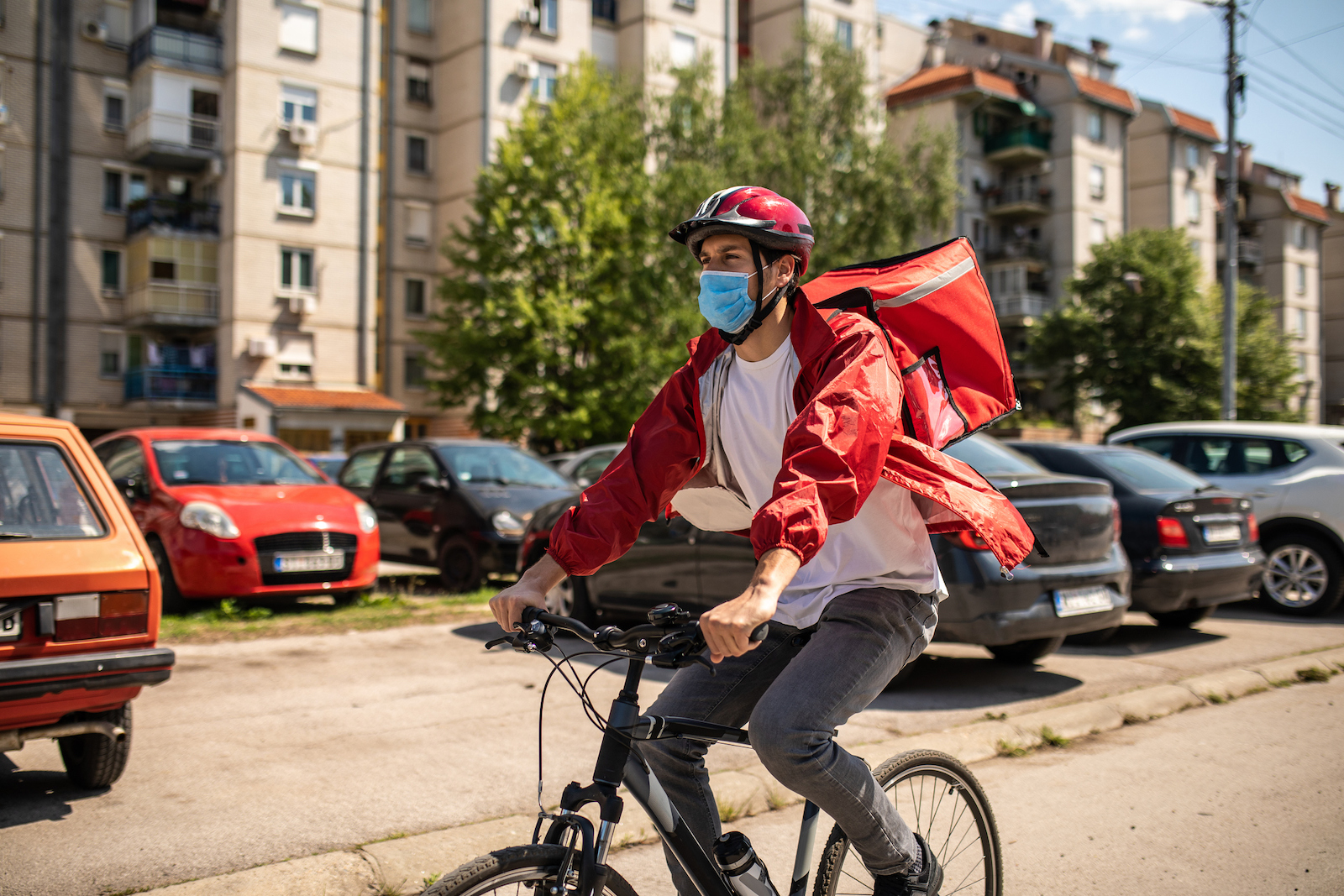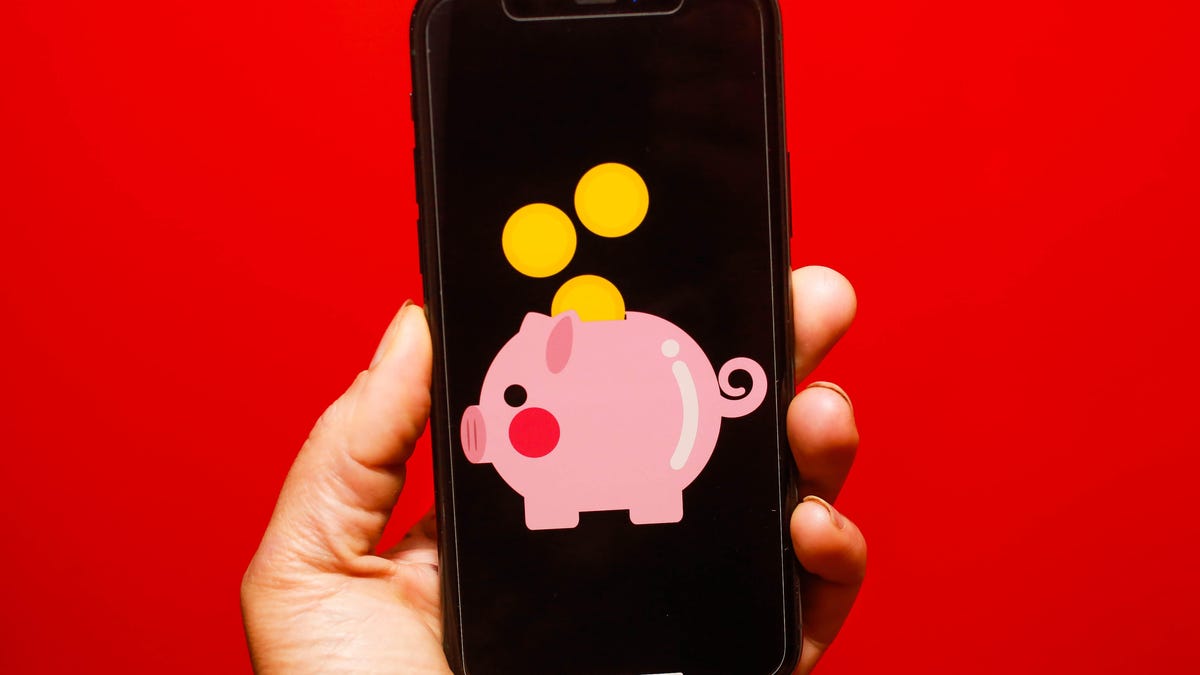- Admin
- #9,166
Offline
Another look at the whole "unemployment vs unemployment insurance / labor shortage" issue.

 www.yahoo.com
www.yahoo.com
A lot of the rest is talking about leverage. Many workers have leverage right now, so they are totally going to use it. The more desperate the industry, the more leverage they'll give away.
'The final straw': Pandemic pushes restaurant workers over the edge
Jim Conway started working in restaurants in 1982, making $2.13 an hour, plus tips. And though the world has changed significantly in the nearly 40 years since then, his hourly wage has not. At the Olive Garden outside of Pittsburgh where he worked when the pandemic hit last year, he was making...
A lot of people just moved on to different types of jobs.Allan Creasy, 39, had worked in restaurants and bars for more than two decades, most recently as a bartender at Celtic Crossing, an Irish bar in Memphis, where he was voted the city's best bartender three times over the years by readers of the city's alt-weekly newspaper, the Memphis Flyer.
Like others, Creasy said the pandemic proved to be the tipping point for him, exacerbating long-standing labor issues in the industry and drawing attention to how low his wages were: $2.13 an hour before tips - the minimum wage for tipped positions in Tennessee and at the federal level.
After three months back at the bar after the initial lockdown, Creasy decided to quit and pursue a career change.
"I didn't come back to the same job I left previously," he said. "It was very difficult to constantly have to police people about mask-wearing. It was very difficult to try to bartend and run out to the back parking lot to deliver to-go food, and to deal with Uber Eats drivers and the like, while making significantly less money than I'd been making previously."
And the pay had gotten worse - with his income dropping from about $60,000 a year around 2011 to less than $40,000 before the pandemic, he said.
"I've seen the number of people who are passionate about the restaurant industry slowly ebb away over the last 20 years," he said. "In my opinion, it's because the server's minimum wage hasn't changed. There is this belief that servers and bartenders are interchangeable."
Creasy, who has a bachelor's degree in history, has been doing fundraising and social media work for a local political action committee since. He's making about the same amount of money he did at the bar but doing something that feels closer to his heart with less risk.
"You had so many folks working in the industry because they loved it, but now so many folks found a job in a warehouse making $15 an hour, or making as much money driving for Uber Eats, all these different businesses," he said. "It's not that we're on unemployment. We did our unemployment stint, and we found something else."
A lot of the rest is talking about leverage. Many workers have leverage right now, so they are totally going to use it. The more desperate the industry, the more leverage they'll give away.





